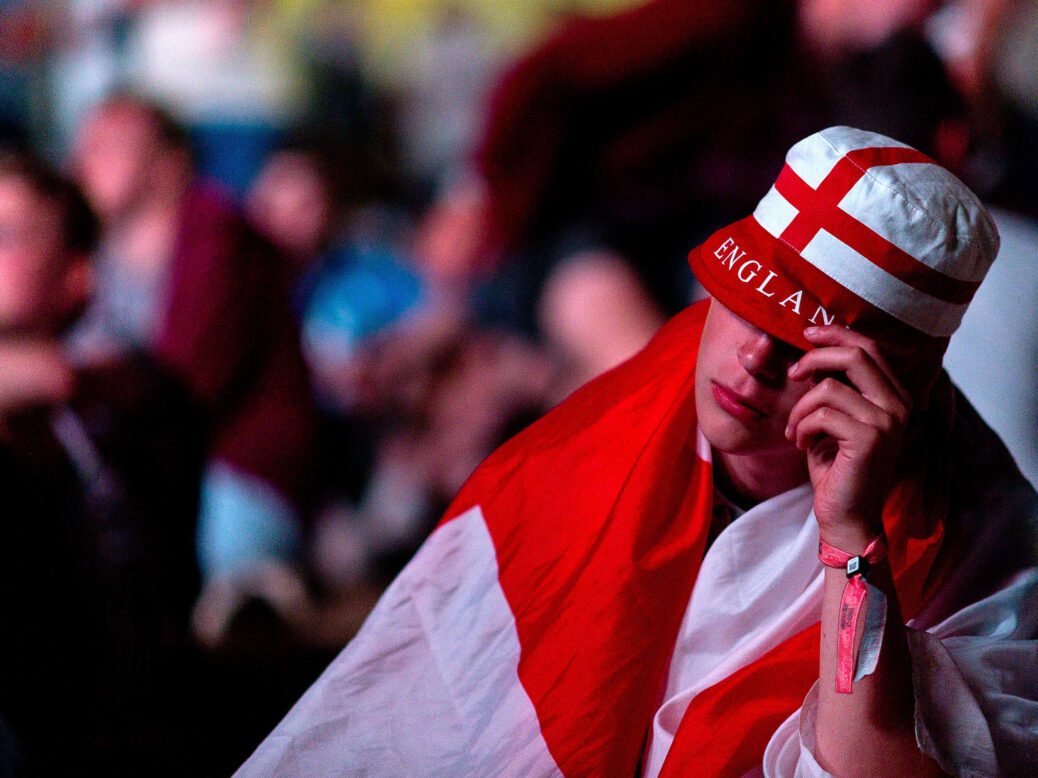
Here I am, another World Cup, staying up late, worrying, hoping, like a heroine in a Motown song or Angie Watts, jumping back into the arms of my three-lion lover, murmuring the split-lipped refrain of the abused, “This time they’ve changed”.
If I could’ve told little eleven-year-old Russell, bereft in the asphalt wasteland of Little Thurrock Primary School as he listened to the bewildering lies of Jamie Dawkins (that England would be allowed to proceed in the tournament and that Diego Maradona’s Quarter Final hand ball had been retroactively banned by FIFA; he was the hardest kid in our school, I had no choice but to believe) that in 2014 I’d be once more, like a wincing white-coal fire walker, striding into the agonising known he’d’ve been dazzled.



